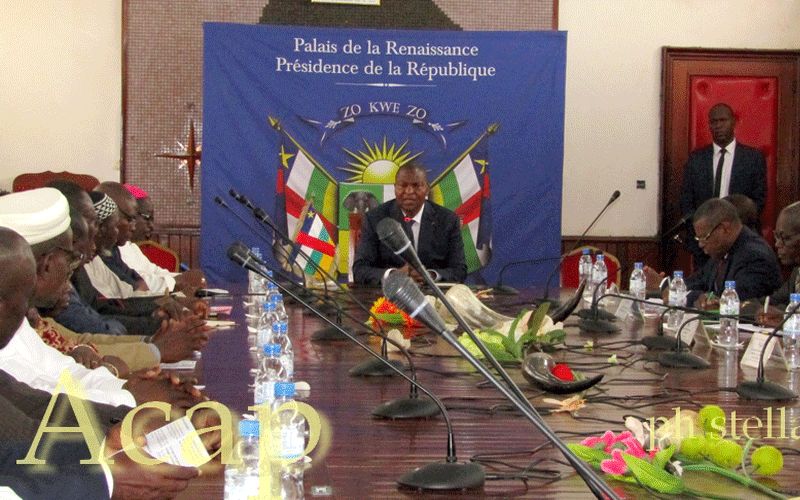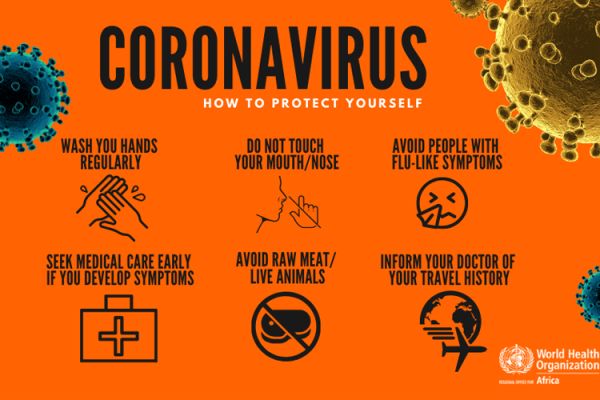Bangui, 28 March, 2020 / 6:50 am (ACI Africa).
With just five confirmed cases of COVID-19 in the Central African Republic (CAR), stakeholders of various institutions in the country, including Catholic Church leaders, held a meeting to consult on ways to prevent the spread of the deadly virus that is claiming precious lives in other parts of the world, including African nations.
“We spoke, among other things, about places of worship and we also raised the question of schools. It is necessary to move in the direction of the temporary closure of schools and the possible closure of borders,” the Vice-President of the Central African Bishops' Conference (CECA), Bishop Richard Appora told local media after the meeting early in the week.
According to the Bishop of Bambari, each entity made proposals to the President, who in his discretion, will take decisions thereafter.
“The position of the Catholic Church is clear, it will go in the direction of temporarily suspending the cultural and spiritual activities of movements and fraternities, prayer groups in parishes and schools that are places of transmission of the coronavirus,” Bishop Richard said.
In response to the meeting with stakeholders of different institutions in the country, the government on Friday, March 27 announced a series of measures to reinforce the nation’s precautionary directives to avoid the spread of COVID-19.








